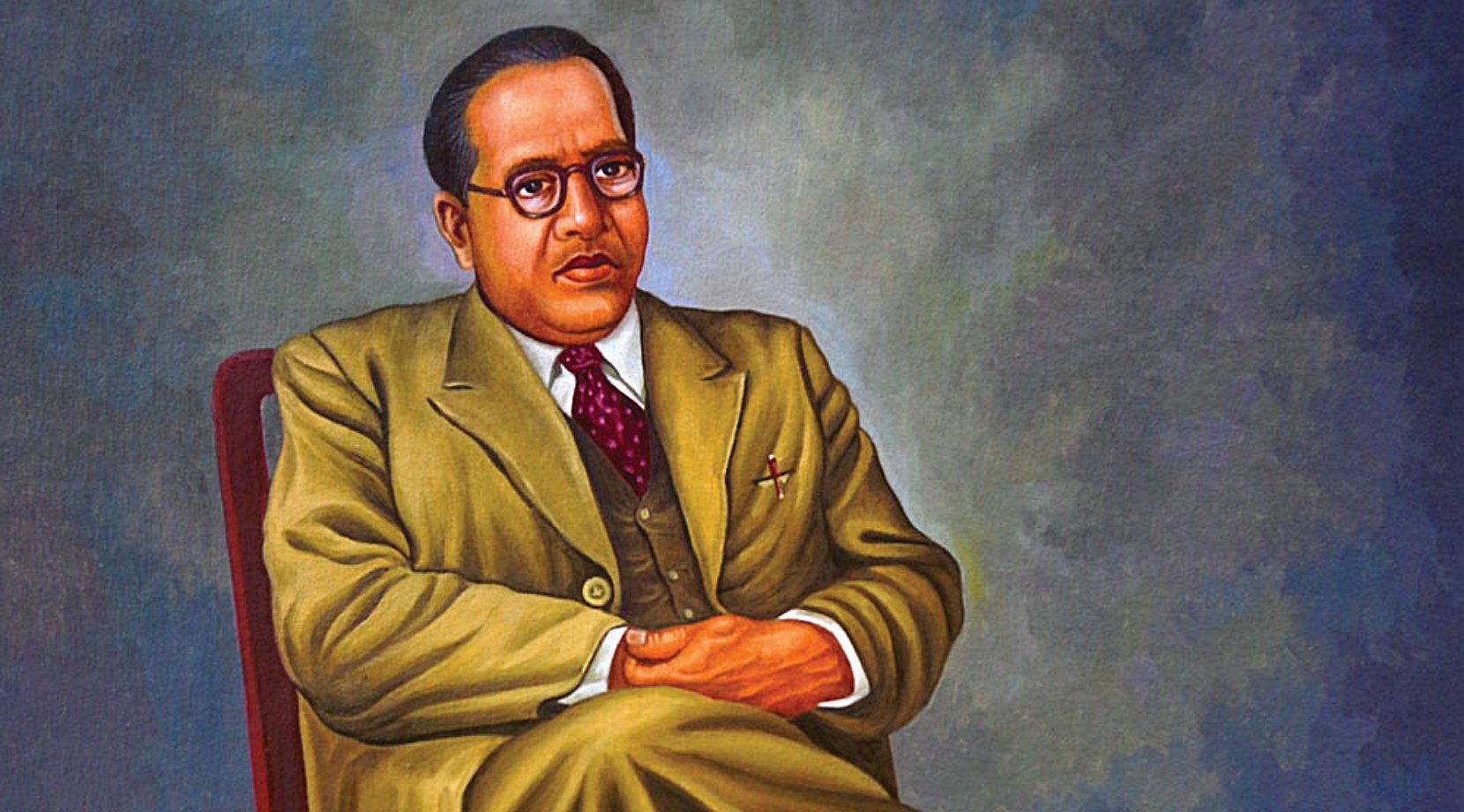The greatest thing that the Buddha has done is to tell the world that the world cannot be reformed except by the reformation of the mind of humankind and of the mind of the world.
—Ambedkar (Kathmandu, 1956)
Watch a recording of the recent online event with the retreat teachers.
Dr. Bhimrao Ramji Ambedkar (1891–1956), India’s first law minister and the chief architect of its Constitution, was also a visionary Buddhist leader. Born into the Dalit community, he dedicated his life to social justice, founding schools, publications, and political movements. His conversion to Buddhism inspired millions of India’s poorest and most marginalized to embrace the Dharma as a path of justice, equality, and collective liberation.
Maitriveer, Vimalasara, and Upayadhi invite you to a heartfelt and contemplative exploration of Ambedkar’s approach to Buddhism. What wisdom and compassion does Ambedkar offer for these times? How do we reconcile his claim that “caste is a notion of mind” with his vision that “the purpose of Dhamma is to reconstruct the world”? How can we put his ideas into practice?
We will engage Ambedkar through his writings, his sources of inspiration, and his use of Buddhist narrative. Particular attention will be given to his provocative challenge to the Four Noble Truths, his unconventional re-imagining of the Buddha’s going forth, and his vision for the future of sangha.
We will also learn about Ambedkarite Buddhism as a living tradition, the “Quiet Revolution” of the Indian Buddhist revival, and the long and complex history of the caste-race analogy. There will be a study component to the program that will be integrated into a more holistic approach: we will root ourselves in a range of practices, including meditation, and somatic and devotional practices. There will also be an opportunity to explore musical and artistic traditions inspired by Ambedkar, including the bahujan (“of the people,” namely in reference to oppressed communities in India) spirituals.
As a community, we will reflect on Ambedkar’s legacy and what we might integrate from his teachings and example for our times. To support deeper engagement, there is an intention to form affinity groups based on race/caste during the program.
Please note that half of the program spaces have been reserved for BLAIPOC (Black, Latinx, Asian, Indigenous & People of Color) attendees.
Program Format: The program will include meditation (guided and silent), ritual, dharma talks with Q&A, large group mindful conversation, small group check-ins, and opportunities to explore devotional practices. Particular attention will be given to the freedom songs associated with Ambedkar. There will also be some short readings of Ambedkar’s writings and speeches, including the puja he wrote.
